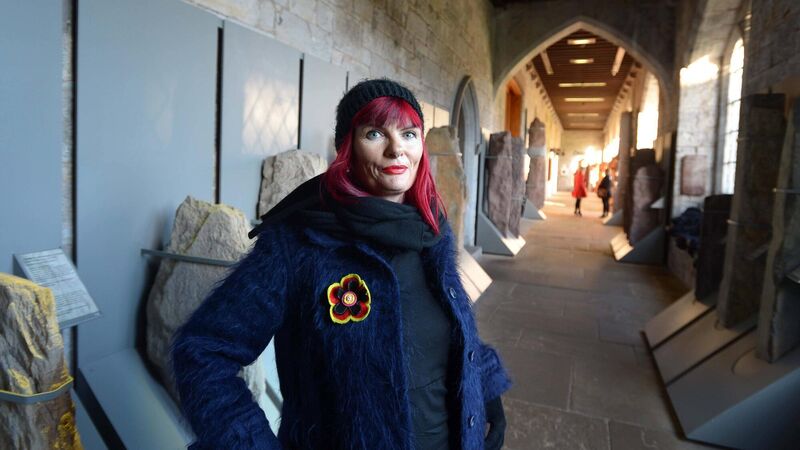Suzanne Harrington: Four-day work week benefits everyone - from small kids to big bosses

Picture: Denis Scannell
Astonishingly, results back from the four-day-week work trials in Ireland have come in with a 100% approval rating from workers. Who’d have thought? Who’d have imagined that Irish people would respond so positively to such an idea? That instead of turning up for work on day five, having already given it your full energy during the previous four days, you stay home and enjoy your life, your family, your hobbies, your projects, and your community?
Kidding. It’s only dinosaurs like Elon Musk who still rate presenteeism as a viable work strategy; the rest of us know better.






